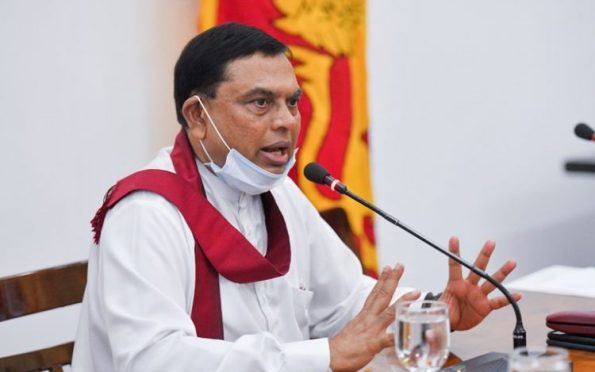COLOMBO – Sri Lanka’s newly appointed finance minister Basil Rajapaksa is expected to deliver a “dramatic change” in a 2022 budget to achieve meaningful fiscal responsibility, President’s Secretary P. B. Jayasundera said.
Rajapaksa is expected to present one of the most difficult budgets in November this year, with the island nation facing the risk of sovereign default amid loose fiscal and monetary policies, to boost a faltering economic growth.
“The new finance minister is market-friendly, also state friendly, and also business-friendly,” Jayasundera said in an exclusive interview with EconomyNext.
“He is a practical person. So, we expect his budget also to make a dramatic change.”
Jayasundera, the former finance secretary is the architect of at least 12 annual budgets in the last two decades and still has a strong influence on the country’s economic policymaking.
The 2022 budget is seen as the country’s main economic policy framework for at least the next three years after President Gotabaya Rajapaksa’s economic program post-election victory in November 2019 was disrupted by a coronavirus pandemic last year.
“I hope he will make a more dramatic shift in the economy and the social direction in his budget by focusing on how to achieve more meaningful fiscal responsibly and how to control the public expenditures with controls with fiscal targets,” Jayasundera said.
The new budget comes a year after Sri Lanka’s economic growth recorded its worst performance in post-independence history with a 3.6% contraction, while the budget deficit hit its worst level in 38 years.
Finance minister Rajapaksa has promised to ensure economic stability while lowering the cost of living to an affordable level.
However, his options to maneuver are constrained, given lower government revenue after the pandemic amid the country facing the risk of a debt crisis and record money printing.
The markets are also keen to see the new finance minister’s policies to improve the investment climate in the country and take it away from the risk of sovereign debt default.
-economynext.com


